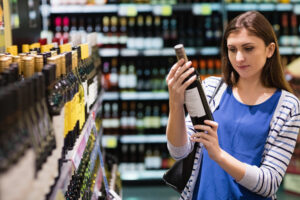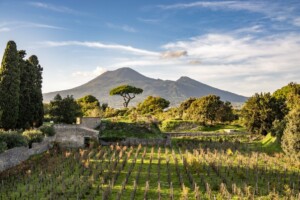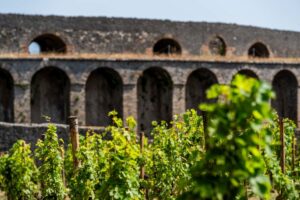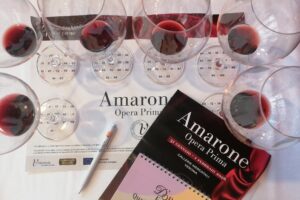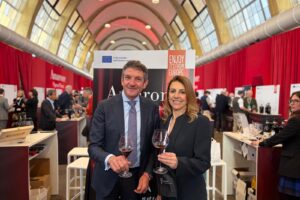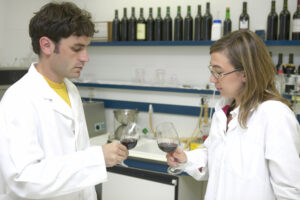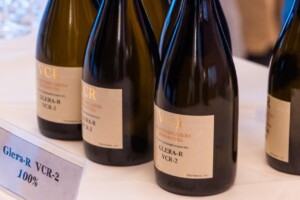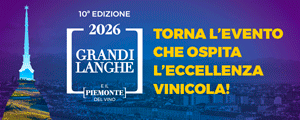Wine is the leading sector of Italian agribusiness. The most valuable, the most media exposed, a great ambassador of territories and conviviality. And it is confirmed, also the most “controlled”, as it emerges from the Icqrf’s 2022 activity report, which points out that, of more than 56,505 anti-fraud controls - of which 44,821 were inspections and 11,684 analytical - more than a third, 19,099 controls involved the wine sector, 8. 417 olive oil, 5,070 dairy, 3,927 fruit and vegetables, 3,222 cereals and cereal products, 2,644 meat, 2,404 canned vegetables, 2,011 honey, 686 spirits, 572 eggs, 159 sugar substances and 2,362 other sectors. Overall, 30,001 operators checked and 55,735 products checked, with irregularities found in 16.4% of operators, 11.9% of products while 8.0% of samples analyzed were found to be irregular. 134 reports of criminal offenses and 5,139 administrative charges. In addition, 4,424 warnings were issued to operators, with over 27.6 million kg of goods seized for a seizure value of over 32.7 million euros; 451 interventions outside national borders and on the web to protect Geographical Indications, Prosecco in the lead.
Looking at wine in particular, the percentage of operators with some irregularities was 19.6%, that of products 13.4%, including irregularities in labeling, and 5.6% of analytical controls yielded irregular results, with 30 reports of offenses against the sector, 2,349 administrative charges, and 182 seizures worth 23.2 million euros. With the main charges involving the fraudulent marketing of PDO and PGI wines that do not comply with the requirements set by their respective production specifications, adulteration of wine products by watering down and/or sugaring and adding natural flavorings, wines and musts with alcoholic strengths that do not comply with the declared or legal limits, failure or irregular keeping of loading and unloading records; irregularities in accompanying documents; irregular designation, denomination and presentation of wine products; presence of active ingredients (metalaxyl, phosphonic acid and ethylphosphonic acid) not allowed in wines from organic production; unlawful possession of grape marc and/or vinification by-products; and unlawful possession, sale or administration of wine with higher volatile acidity.
“The importance of making more efficient actions for a concrete valorization of the made in Italy of our agri-food productions, which represent worldwide excellence, and at the same time working incisively for their protection and the defense of the income of our farmers, companies and consumers are to be considered central within the strategic priorities of the government and of this Department that I have the honor to represent. Italy”, explains the Minister of Agriculture, Francesco Lollobrigida, in the preface to the report, “is known for the excellence, diversification, identity and uniqueness of its agrifood productions, obtained thanks to the enhancement of its territory, culture and rigorous production methods in terms of wholesomeness, quality and traceability. It is necessary to strengthen this primacy, ensuring the quality and reliability of products also through the organization and rationalization of all control instruments. It is important to point out that controls, not only represent a garrison and a deterrent to the use of illegal or unfair practices, but above all, they are an incentive for all healthy companies that see in them a confirmation of their commitment to food quality and safety. An effective control system is the best guarantee to protect the quality of production and certainly contributes to increasing the added value of products in the markets. In this context, I would like to point out how the renewed mission of this Ministry, which through the inclusion of the phrase “food sovereignty” in the name, has intended to direct every policy objective to a greater focus on food safety, an improvement in our degree of self-sufficiency, and a greater promotion and protection of our productions, especially quality products. The Italian agrifood sector consists of a model that focuses on quality products, seasonality, short supply chains and the centrality of the farmer. It is a point of reference in the national economic system, and that is why, in the organization of food systems, the gaze must be increasingly focused on sustainability”.
Copyright © 2000/2026
Contatti: info@winenews.it
Seguici anche su Twitter: @WineNewsIt
Seguici anche su Facebook: @winenewsit
Questo articolo è tratto dall'archivio di WineNews - Tutti i diritti riservati - Copyright © 2000/2026












